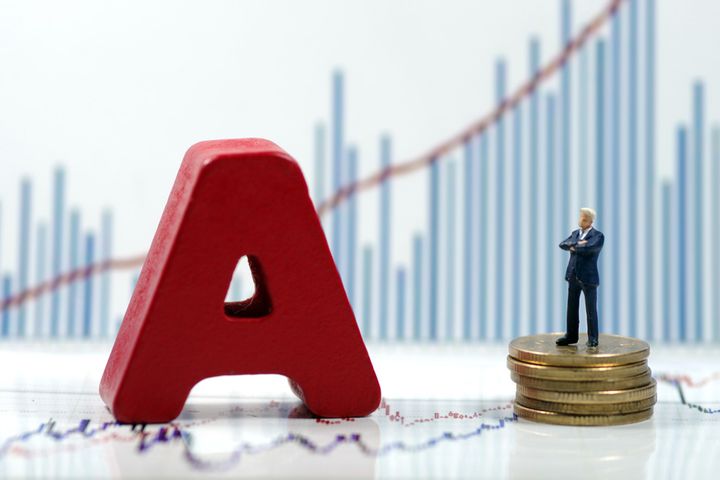 Global Risk Appetite Is Waning on Virus Fears, StanChart's Robertsen Says
Global Risk Appetite Is Waning on Virus Fears, StanChart's Robertsen Says(Yicai Global) Feb. 24 -- Since the novel coronavirus epidemic started in China last December and as more cases are found beyond its borders, we are seeing indications of a more pronounced increase in risk aversion in the markets, according to a senior banker at Standard Chartered.
The US dollar revisited three-year highs last week. Its rally has become more broad-based, foreign exchange correlations have moved towards 1.0 and historical cross-asset correlations are breaking down, Eric Robertsen, global head of forex, rates and credit research at Standard Chartered Bank, told Yicai Global.
London-based Standard Chartered believes that when historical correlations shift dramatically, it can be a sign of pending dislocations in the markets, Robertsen said. At the very least, it suggests an increase in volatility.
Dollar gains are raising additional concerns about the resilience of the global economy. A strong greenback will tighten financial conditions not only for the US, but also for many countries that are significant issuers of dollar-denominated debt. We could see some initial optimism once the virus is contained, but then a relapse as the reality of a protracted slowdown sets in, Robertsen added.
Gold prices have risen along with the dollar and hit a six-year high last week, topping USD1,640 an ounce or USD57.85 a gram at one point. The rally is expected to continue. Standard Chartered believes prices could reach USD63.50 per gram and even the all–time high of USD67.77, he added.
Yuan-Dollar Rate
The exchange rate of the yuan versus the US dollar was around 7.02 last week. It was stable in the first week of trading after the extended Chinese New Year holiday ended on Feb. 3. It only jumped 390 basis points that day, peaking at 7.0256 and then dropping to around 7. The yuan has weakened since last week, however.
The yuan exchange rate has largely ignored the negative economic impact over the past month, despite some knee-jerk reaction following the first appearance of virus headlines, Zhou Hao, senior economist for emerging markets at Commerzbank, told Yicai Global.
"Forex trading volume is likely to return to normal levels in the coming weeks, if not months, as corporations and banks gradually restart routine business," Zhou said. "That said, the market has to take a side. In my opinion, yuan weakness is in sight. The PBOC's [People's Bank of China] tendency to monetary easing also points to further weakening of the yuan," he added.
Mainland Equities
As far as mainland stocks are concerned, the downturn in the global economy and the spread of the epidemic in other countries will curb global appetite for risk. The price of risky assets such as stocks will fall, which will suppress gains in mainland shares, Wu Zhaoyin, director of macro strategy at AVIC Trust, told Yicai Global.
The steady rise in the stock market has also made potential funds outside the market hesitant. A moderate adjustment of the index will help the stock market run in a healthier way, he said.
Easing refinancing can improve leverage at listed companies and relieve liquidity pressures on business operations. Small and medium-sized firms in particular will benefit. In fact, the stronger gain in stocks since the end of last year was a result of expectations that refinancing policies would be loosened, he added.
Editor: Kim Taylor